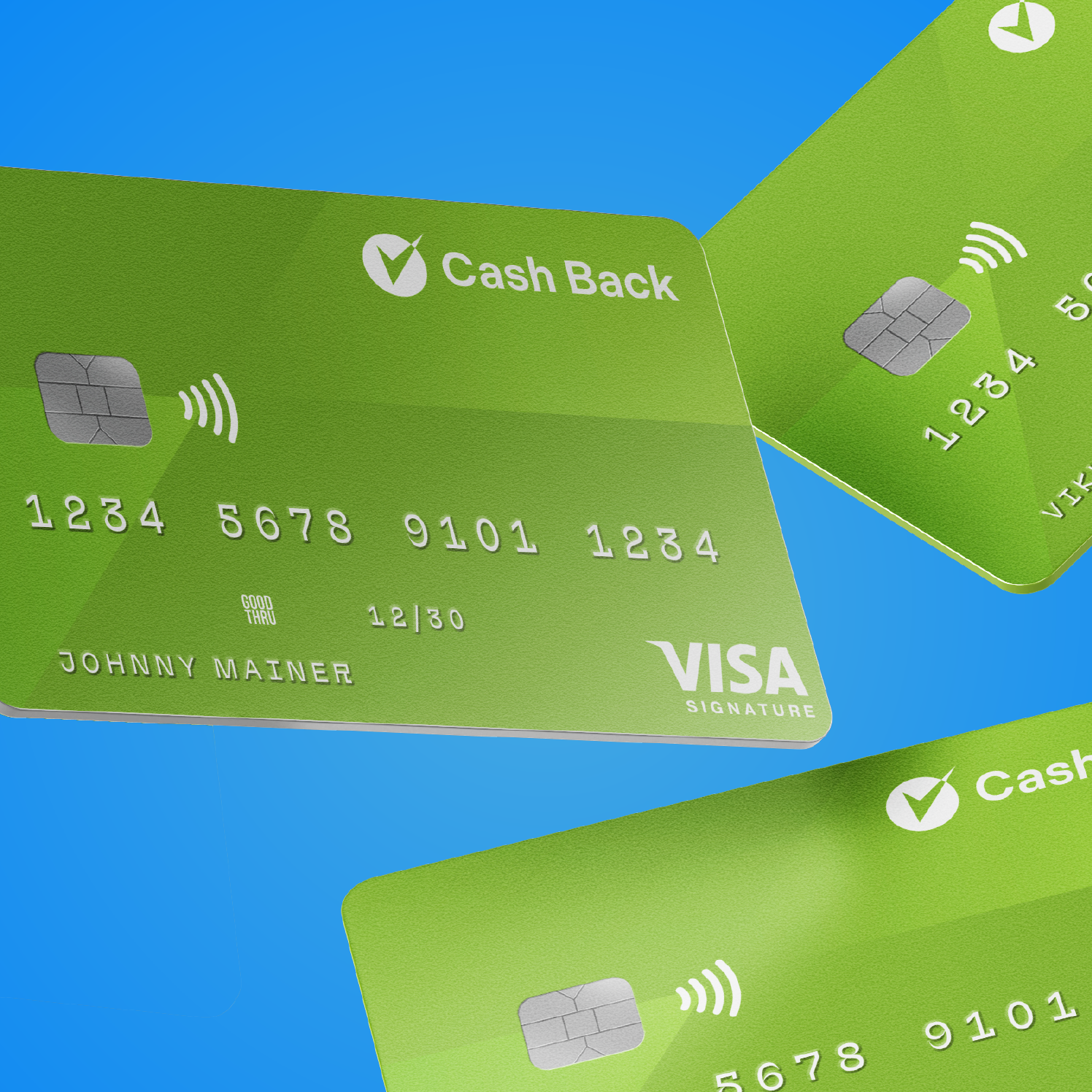Financial headlines have your head spinning and worrying about your wallet? You’re not alone! We’ve got some tips on how to safely weather the economic uncertainty. It can seem like every other day brings a new financial challenge or economic uncertainty. Whether it’s worrying how trade policies might impact your purchases, feeling sticker shock at the grocery store, or wondering about long term financial security; your money worries may have you up at night. Read on for some dos and don'ts that can help you navigate rough financial times.
Start with the big three Dos: Building your emergency fund, paying down or consolidating debt, and taking stock of your budget.
Build your emergency fund! It can seem counterintuitive when things are uncertain to tuck money aside instead of using it to buy big ticket items that may increase in cost or using it to aggressively pay down debt. But an emergency fund is more important now than ever; it can help you weather job loss, reduced income, help you feel more secure, and help you absorb rising costs. A general rule of thumb is to have at least three months of expenses put aside. Feel like you don’t know how to start?
How to start an emergency fund:
- Set an automatic transfer to happen on the same day you get your direct deposit or paycheck. Start small, try $5 per pay period at first, and have it transfer into a savings account. If after a few months, you find you are comfortable with the $5, try upping it by another $5. Is there a streaming service or monthly subscription you aren’t really using? Cancel it and put those funds into savings each month instead. Your savings will build over time; set yourself a goal and stick to it!
- Round Up the change! We’ve got an easy way to put some extra into your savings account – sign up for round up right in online banking, and we’ll automatically take the leftover ‘change’ from your debit purchases and move it into your savings account.
- Our Save Up Certificate is designed to help you put money aside at whatever pace works for you. Once you’ve saved your first $100, use that to open a Save Up Certificate, and set your transfers to go there instead. That way, your money will earn YOU money and increase your savings even more. With 6mo and 12mo terms, it’s an easy way to put money aside and still have access to it in a short time.
Pay down debt! Credit card creep happens to us all, especially when times are tight. When financially possible, try to avoid carrying a balance on your cards.
- Avoid store cards! Yeah, it seems like the discount they’re offering is helpful, but store cards always come with sky high rates, annual fees, and they will 100% come with a whole lot of marketing to convince you to keep pulling that card out and buy something new. Skip it – the extra payment and temptation is not worth 15% off your purchase!
- If you are juggling multiple balances and payments, now is the time to consolidate your debt. Look for a personal loan or a balance transfer option to get everything into one place – and one payment! You’ll save in the short term by paying less each month, and you’ll save long term by moving everything to a lower rate.
- If multiple payments or high rates have you feeling strapped, reach out to us today – we’re here to walk through your options and find the right solution for YOUR budget.
Gut Check your budget! Over time, we all tend to add little things to our budget each month without even realizing it. Now’s the time to evaluate your spending and make sure it matches your income.
- Sit down with your transaction history and write down everything you are actually spending each month. Then compare it to your income and what you NEED to spend on (housing, food, transportation, etc.). Factor in your saving goals, payments on debts, and expenses you might have coming up.
- Is there anywhere you can cut spending to put it toward savings or extra credit card payments instead?
- If you don’t have wiggle room in your budget, and you’re feeling stretched too thin, you may want to consider a side gig for a short time to help get your budget where you want it.
Other things to do:
- Do check your credit – keep an eye on your credit report to make sure you recognize everything and keep yourself on track. Remember, you get a free copy of your credit report from each agency each year at www.annualcreditreport.com
- Do look at costs like insurance – it’s easy to forget those ongoing plans or services we have each month. Now is a good time to make sure you are still getting the best bang for your buck. Whether it’s car or home insurance, internet/cable costs, or your phone plan make sure you’re still getting the best price for the plan that makes sense for you.
And now for the Don’ts: Don’t panic, don’t overspend, and don’t make sudden decisions!
Don’t Panic! Right now the market may feel like it’s doing a version of the financial hokey pokey – it’s up, it’s down, it’s all around…Looking at your 401k statement or your investments can lead to instant heartburn, and you may feel like the best thing to do is sell everything and put it into something you view as stable. In a volatile market, the worst thing you can do is panic and act rashly. Reach out to your financial advisor or plan administrator to talk through the implications before making any changes. Don’t let short term uncertainty drive long term decisions.
Don’t overspend! Maybe you’ve seen advice about buying big ticket items now in case the prices go up soon. Or read something that said now is the time to invest, while stocks are down. Or heard someone say you should stock up on everyday items, just in case. You can find someone advising you to do just about everything, and often those messages are at odds with each other. Don’t let what someone else says determine what you do with YOUR money. While some of the advice out there might be good, at the end of the day you need to decide what makes sense for you, not for someone else. Do your research, talk to your financial advisor and remember: overspending out of fear can end up costing you a lot in the end.
Don’t make sudden decisions! Financial decisions should always come with careful consideration and planning. Don’t let big sales or headlines change your mind. You know what you need and when you need it. If you are thinking of a big expense or looking to make changes in how you manage your money, don’t rely on an impulse to guide you. Take a step back, talk with those you trust, and sleep on it. Then, if you decide to move forward, you’ll do so knowing you took the time to think it through.
Above all, if you are facing financial hardship and don’t know where to turn, reach out to us! At TruChoice, we are here to help get you in the best financial health. If you have questions, feel overwhelmed by debt, or even want to see what your car payment would be if you decide on a new ride, we can help you crunch the numbers and make the best decision for you.
We make your goals our goals.






